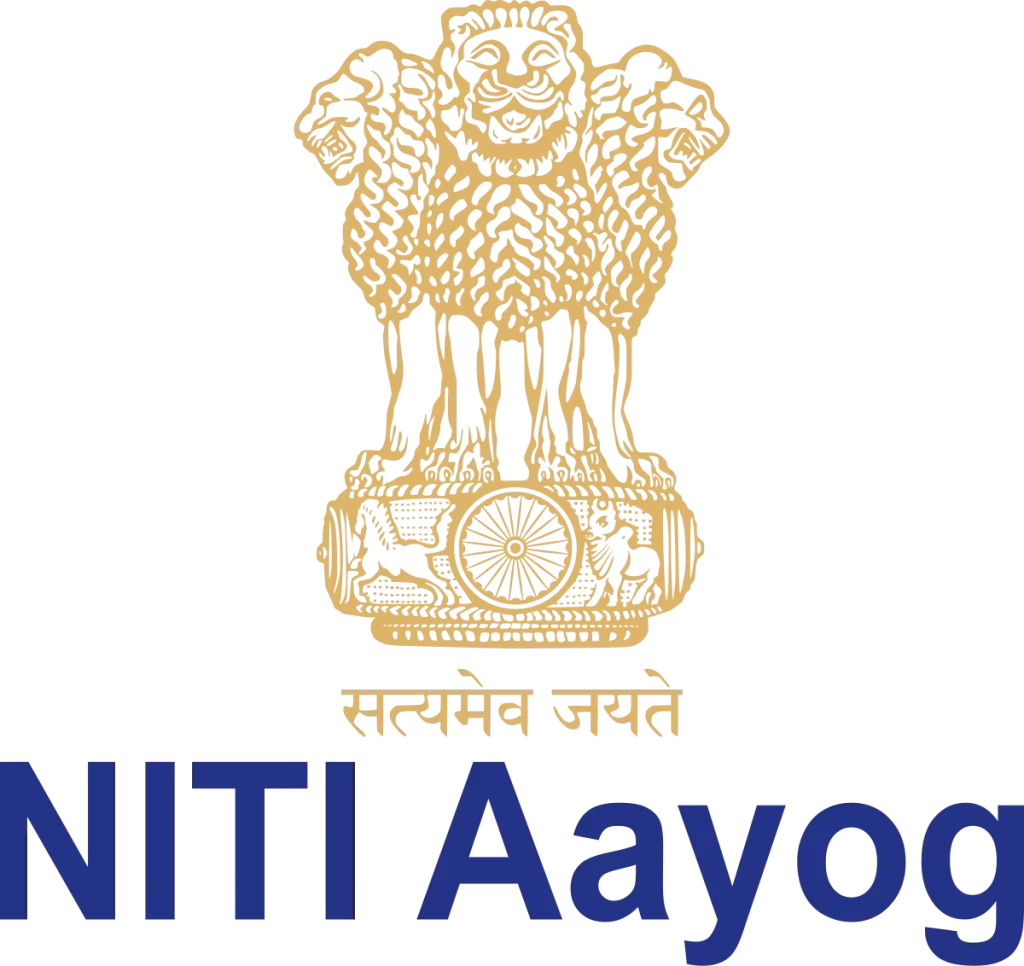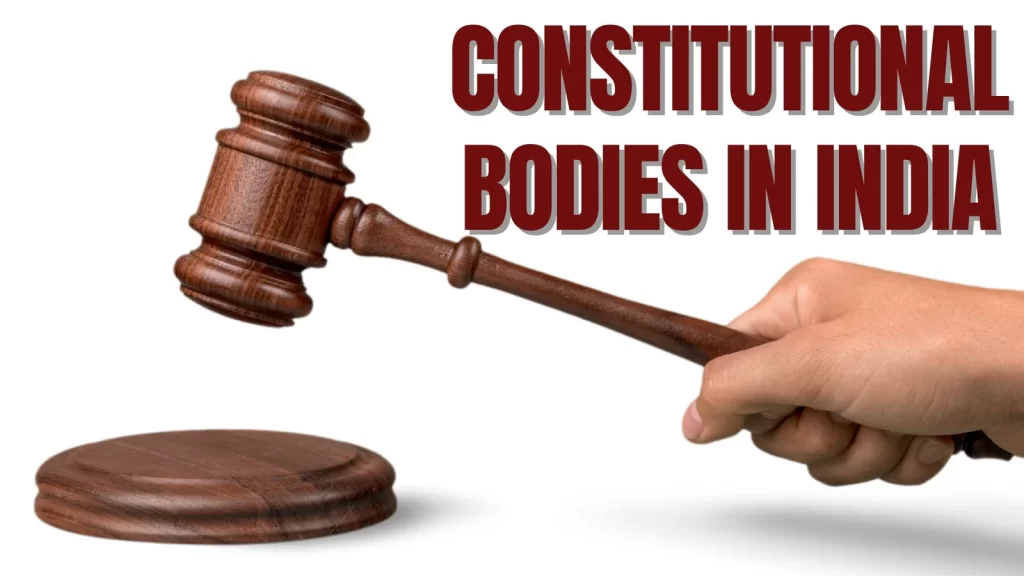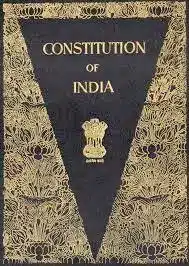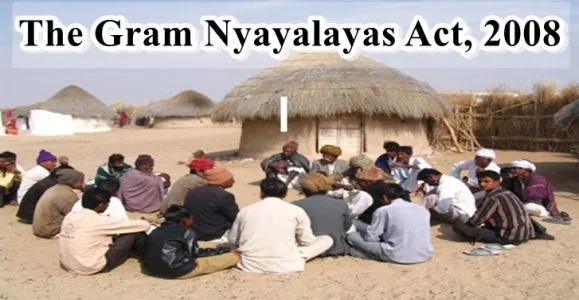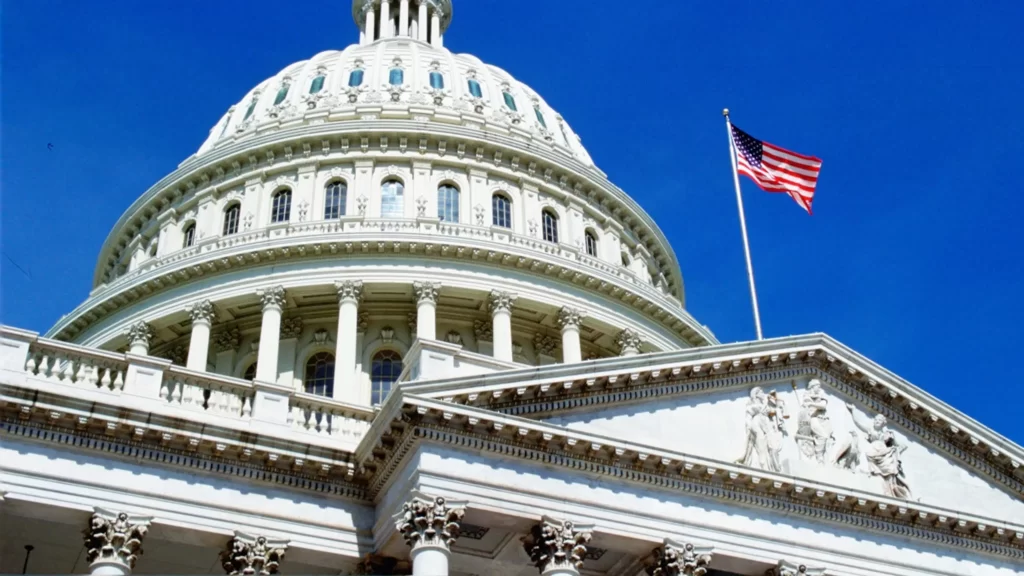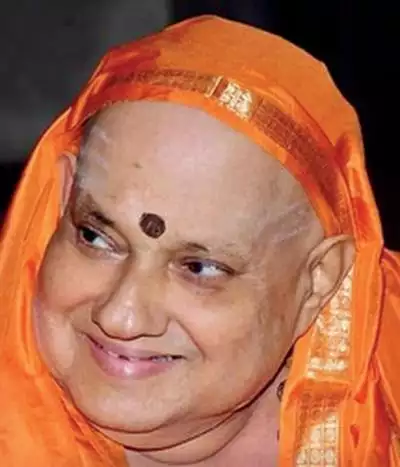What is Uniform Civil Code?
Uniform Civil Code (UCC) is defined in our Constitution under Article 44 of Directive Principles of State Policy. It states that it is the duty of the state to secure for the citizens a Uniform Civil Code throughout the territory of India. In other words, we can say that it means one country one rule.
Uniform Civil Code refers to a common set of laws that are applicable to all the citizens of India with regards to marriage, divorce, inheritance, adoption and succession. These laws are applicable to the citizens of India irrespective of religion, gender and sexual orientation.
Examples of Different Civil Codes in India
In India, personal laws governing marriage, divorce, inheritance, and other such matters are based on religious texts and customs. The major religious communities in India, including Hindus, Muslims, Christians, and Sikhs, have their own distinct personal laws.
Hindu Personal Law:
A series of Bills were passed to codify Hindu laws in the form of Hindu Marriage Act, 1955, The Hindu Succession Act, 1956, The Hindu Minority and Guardianship Act, 1956 and the Hindu Adoption and Maintenance Act, 1956, are collectively known as Hindu Code Bill (covers Buddhist, Sikhs, Jains as well as different religious denominations of Hindus) which allows right to divorce and inheritance to women, made caste irrelevant to marriage and abolished bigamy and polygamy.
The Hindu personal laws are derived from ancient religious texts and customs. The Hindu Marriage Act, 1955 governs marriage and divorce among Hindus, while the Hindu Succession Act, 1956 deals with inheritance. Under the Hindu Succession Act of 1956, (which governs the rights of Hindus, Buddhists, Jains, and Sikhs) Hindu women have equal rights to inherit property from their parents and have the same entitlement as Hindu men.
The rights of women regarding inheritance differ based on their religion in India. Under the Hindu Succession Act of 1956, (which governs the rights of Hindus, Buddhists, Jains, and Sikhs) Hindu women have equal rights to inherit property from their parents and have the same entitlement as Hindu men. The rights of married and unmarried daughters are equal, and women are recognised as joint legal heirs for ancestral property partition.
Muslim Personal Law:
Muslims in India follow the Muslim Personal Law, which is based on the Shariah. The Muslim Personal Law (Shariat) Application Act, 1937 regulates matters related to marriage, divorce, inheritance, and maintenance among Muslims.
Muslim women, governed by the Muslim Personal Law, are entitled to a share of their husband’s property, which is either 1/8th or 1/4th, depending on the presence of children. However, daughters’ share is half of that of sons.
For Christians, Parsis, and Jews
The Indian Succession Act of 1925 applies. Christian women receive a predetermined share based on the presence of children or other relatives. Parsi widows receive an equal share as their children, with half of the child’s share going to the deceased’s parents if they are alive.
For Christians, Parsis, and Jews, the Indian Succession Act of 1925 applies. Christian women receive a predetermined share based on the presence of children or other relatives. Parsi widows receive an equal share as their children, with half of the child’s share going to the deceased’s parents if they are alive.
Supreme Court Views On UCC
Shah Bano Case
Mohammad Ahmed Khan v. Shah Bano Begum mainly known as Shah Bano Case. In this case, in 1985, Shah Bano moved to Supreme Court for seeking maintenance under section 125 of the Code of Criminal Procedure when her husband divorced her after 40 years of marriage by giving triple talaq and denied her regular maintenance.
The Supreme Court gave the verdict in favour of Shah Bano by applying section 125 of the Indian Criminal Code and it is applied to all citizens irrespective of religion. Then Chief Justice, Y.V Chandrachud, observed that a Common Civil Code would help the cause of national integration by removing disparate loyalties to law. And so, the court directed Parliament to frame a UCC.
On the other hand, Rajiv Gandhi Government was not satisfied from the court decision; instead of supporting it, the government enacted the Muslim Women (Protection of Rights on Divorce) Act, 1986 to nullify the Supreme Court judgement in Shah Bano Case and let the Muslim Personal Law prevails in a divorce matter. In this act, it was mentioned that Muslim woman has right for maintenance only for three months after the divorce i.e. iddat and then shifted her maintenance to her relatives or Wakf Board.
*The recent furor over Uniform Civil Code started after this verdict.
Sarla Mudgal Case
This is the second instance in which the Supreme Court again directed the government under Article 44. In this case Sarla Mudgal v Union of India, the question was whether a Hindu husband, married under the Hindu law, by embracing Islam can solemnize the second marriage.
The Supreme Court held that adopting Islam for a second marriage is an abuse of Personal laws. Further said that Hindu marriage can be dissolved under Hindu Marriage Act, 1955 i.e. mere by converting itself into Islam and marry again does not dissolve the marriage under Hindu Marriage Law and thus will be an offense under Section 494[5] of the Indian Penal Code.
John Vallamattom v. Union of India Case
The Priest from Kerala, John Vallamatton filed a writ petition in the year 1997 stating that Section 118 of the Indian Succession Act was discriminatory against the Christians as it imposes unreasonable restrictions on their donation of property for the religious or charitable purpose by will.
The bench comprising of Chief Justice of India V.V Khare, Justice S.B Sinha and Justice A.R. Lakshmanan struck down the Section declaring it to be unconstitutional. Further, Khare stated that;
“Article 44 provides that the State shall endeavour to secure for all citizens a Uniform Civil Code throughout the territory of India. It is a matter of great regrets that Article 44 of the Constitution has not been given effect to. Parliament is still to step in for framing a common civil code in the country. A Common Civil Code will help the cause of national integration by removing the contradictions based on ideologies”.
Juvenile Justice Act 2014
On passing the verdict of Juvenile Justice (Care and Protection of Children) Act seems to be an attempt in moving towards UCC. As it paved the way for the adoption of children by persons from the Muslim communities even though not allowed under their personal laws.
The Supreme Court of India again asked the Union Government to form a UCC to remove gender inequality and abolish the retrograde practices followed under the framework of personal laws.
Understand Article 25 with that of UCC
Article 25 states Freedom of conscience and free profession, practice, and propagation of religion. So, the UCC cannot be forcefully imposed on the people as then it will be clearly a violation of Article 25 of the Indian Constitution.
Therefore, UCC and Personal laws should be co-existed. UCC is nothing but the incorporation of modern and progressive aspects for all existing personal laws which can’t be ignored.
Uniform Civil Code in Goa
After Independence, a version of the UCC is in place in Goa. It follows the Portuguese Civil Code of 1867, which means that people of all religions in Goa are subject to the same laws on marriage, divorce, and succession. The Goa Daman and Diu Administration Act of 1962, which was passed after Goa joined the union as a territory in 1961, gave Goa permission to apply the Civil Code.
Under this code, a married couple holds joint ownership in all assets owned and acquired by each spouse. Even Parents can’t disinherit their children entirely at least half of the property must be passed on to them. Muslim persons who have registered their marriage in Goa are not allowed to practice polygamy.
What are the Arguments in Favour of Uniform Civil Code in India?
Many believe that UCC is important for national integrity and equality of genders and religions. The supporters argue that personal laws based on religion can sometimes lead to discriminatory practices, especially against women.
Another argument is that a common civil code would reinforce the principles of secularism in India. Legal experts also say that the implementation of the UCC will make legislation in terms of succession and divorce easier and will oust a lot of outdated religious personal laws.
- Step Towards Gender Equality: Personal laws in India often discriminate against women, particularly in matters related to marriage, divorce, inheritance, and custody. A uniform civil code would help to eliminate such discrimination and promote gender equality.
- Simplicity and Clarity of Laws: A uniform civil code would simplify the legal system by replacing the current patchwork of personal laws with a single set of rules that apply to everyone. This would make the law more accessible and easier to understand for all citizens.
- Uniformity and Consistency: A uniform civil code would ensure consistency in the application of the law, as it would apply equally to everyone. This would reduce the risk of discrimination or inconsistency in the application of the law. It would eliminate discrimination based on religion or personal laws, and ensure that everyone has the same rights and protections under the law.
- Modernization and Reform: A uniform civil code would allow for the modernization and reform of India’s legal system, as it would provide an opportunity to update and harmonize the laws with contemporary values and principles.
- Meeting the Aspirations of the Youth: With the world moving into the digital age, the social attitude and aspirations of the youth are being influenced by universal and global principles of equality, humanity, and modernity. The enactment of the Uniform Civil Code will help to maximise their potential in nation-building.
- Social harmony: The UCC could help to reduce tension and conflict between different religious or community groups by providing a common set of rules for everyone to follow.
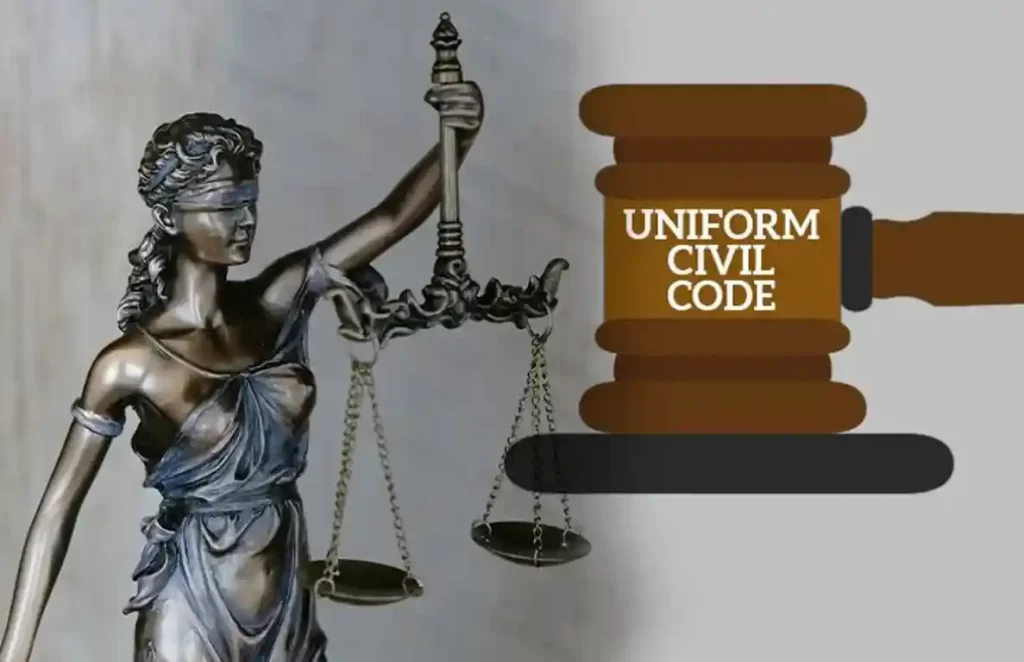
Why UCC is a controversial topic in India?
People opposing it say that the UCC could infringe upon religious freedom and might clash with religious practices. Since India is a diverse nation with various cultures, there are arguments that different communities should have the right to maintain their distinct customs and practices and that a law should not be implemented on minority communities without their consent.
The debate surrounding the Uniform Civil Code in India is multifaceted and often polarized. Here are some of the key arguments presented by proponents and opponents of a UCC:
Religious and Cultural Diversity
India is a country known for its rich religious and cultural diversity. It is home to multiple religions, each with its own set of customs, traditions, and personal laws. Critics say that the UCC poses a challenge to this diversity as it seeks to replace individual religious laws with a uniform code applicable to all citizens. Critics argue that such a move could undermine the cultural fabric of the country and impinge upon the religious freedom of its citizens.
Protection of Minority Rights
One of the main concerns raised by opponents of the UCC is the potential impact on minority communities. Personal laws are deeply intertwined with the religious identity and practices of these communities. They argue that imposing a common civil code may dilute the unique rights and protections enjoyed by minority groups and erode their cultural autonomy.
Political Considerations
The UCC has often become a subject of political maneuvering and posturing. Political parties and leaders have used the issue to consolidate their vote banks or appeal to their respective constituencies. The sensitive nature of religious identity and the potential impact on minority communities have made it a polarizing topic, with political calculations often taking precedence over a genuine discussion on the merits and drawbacks of a UCC.
Gender Equality and Women’s Rights
Proponents of the UCC argue that implementing a uniform code would promote gender equality and women’s rights by eliminating discriminatory practices present in some religious personal laws. They believe that a common code would ensure equal rights in matters such as marriage, divorce, inheritance, and maintenance. However, opponents contend that gender justice can be achieved within the framework of existing personal laws, and a UCC could inadvertently infringe upon women’s rights protected under specific religious practices.
National Integration
Many feel a common civil code would foster national integration by promoting a sense of unity among diverse religious communities and strengthening the secular fabric of the country. While others say that the issue of a UCC is highly complex and sensitive, given the diversity of religious beliefs and customs in India.
Diverse Personal Laws
It has been argued that while India does have uniformity in most criminal and civil matters like the Criminal Procedure Code, Civil Procedure Code, and the Contract Act, States have made over 100 amendments to the CrPC and IPC, as well as several amendments to civil laws. For instance, BJP-ruled States reduced the fines prescribed and justified by the Centre under the amended Motor Vehicles Act. Another example could be that the law of anticipatory bail differs from one State to another.
Experts thus argue that if there is plurality in already codified civil and criminal laws, how can the concept of ‘one nation, one law’ be applied to diverse personal laws of various communities?
Law Commission Views
The 21st Law Commission brought up a consultation paper on “Reform of Family Law” in August 2018 in which it said that UCC was “neither necessary nor desirable at this stage”. It however recommended that existing family laws across religions are modified and codified to tackle discrimination and inequality in personal laws.
Conclusion
India has a unique blend of codified personal laws of Hindus, Muslims, Christians, and Parsis. There exists no uniform family-related law in a single statute book for all Indians which is acceptable to all religious communities who co-exist in India. However, a majority of them believe that UCC is definitely desirable and would go a long way in strengthening and consolidating Indian nationhood. The question is not of minority protection, or even of national unity, it is simply one of treating each human person with dignity, something which personal laws have so far failed to do.
Also refer:
- Top 50 Indian Polity MCQs
- Difference Between Procedure Established by Law and Due Process of Law
- Difference Between Fifth Schedule And Sixth Schedule
- Top 50 Science MCQs For Competitive Exams
- Know About The Different Financial Sector Regulators In India

